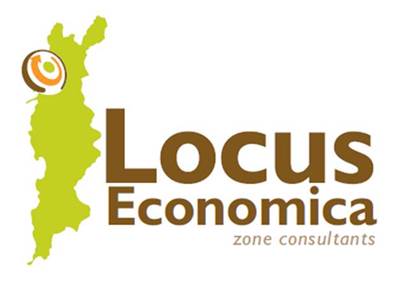Can special economic zones (SEZs) effectively reduce conflict and respond to secession efforts?
Last week, Newsweek reported that Ukrainian President Petro Poroshenko is pushing for the contested area of Donbass (containing Donetsk and Luhansk) to become a "free economic zone." Pro-Russian separatists, have been fighting for independence in Donbass since last year, allegedly with the support of the Russian government (an allegation the Russian government denies). On February 11th, the Ukrainian government and the separatists formed a ceasefire agreement, part of which suggested that Donbass would have some sort of special temporary local government other than the oblasts (Ukrainian local governments) already there.
Poroshenko wants that special status to take the form of a free economic zone having a special relationship between the EU and Russia, provided that legitimate elections are held.
Developments later in the week have called into question the strength of that ceasefire agreement. Nevertheless, Poroshenko's proposal is important for SEZs, as it suggests an uncommon type of SEZ with an uncommon function in a key area in current global politics.
An Uncommon Zone with an Uncommon Function
A Donbass zone would not be simply another SEZ under the auspices of a single national government; Poroshenko's proposal suggests that the SEZ would have a transnational dimension (perhaps, even, a quasi-state) with a measure of autonomy from the Ukraine and special relations with foreign governments, including Russia, Ukraine, and the EU.
Furthermore, the primary function of the SEZ would not be a typical one for a zone, such as to increase foreign investment, target infrastructure development, or even to pilot reforms. A Donbass SEZ would be designed to deal with an ongoing secession attempt through autonomy.
Russia has made significant improvements to its own SEZ program in recent years. In 2012-2013, Locus Economica assisted the Russian Ministry of Trade and Development by assessing the potential policy and technical needs of the country’s zones and the budget requirements for addressing those needs through World Bank assistance. Jean-Paul also offered guidance and advice to the management teams of six Russian SEZs.

